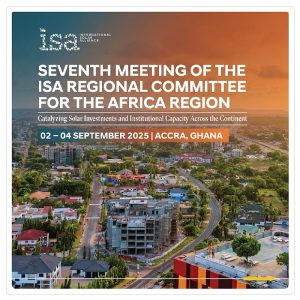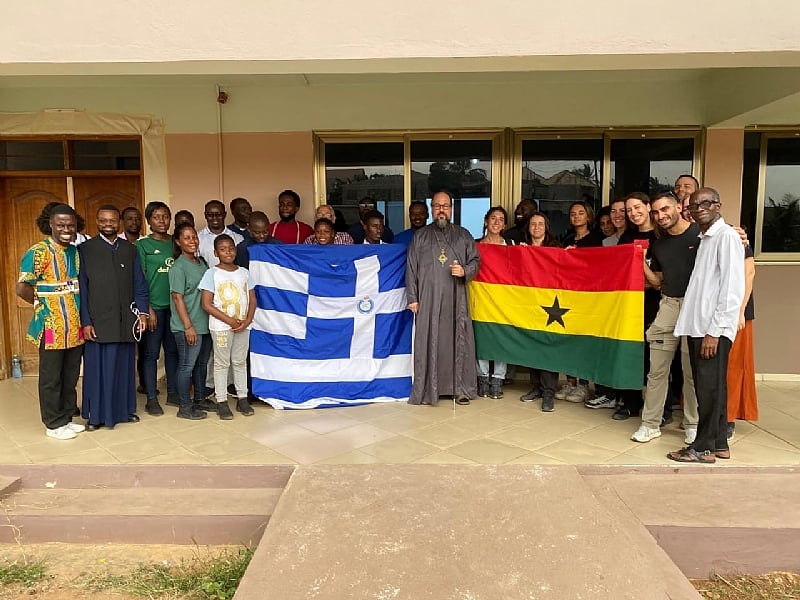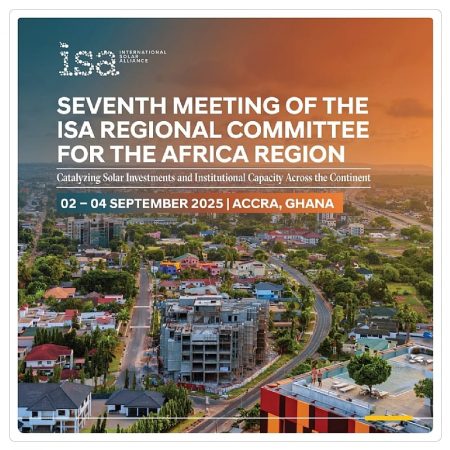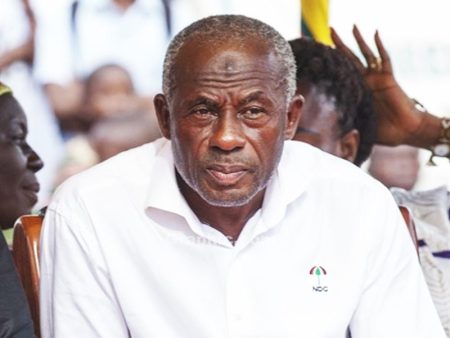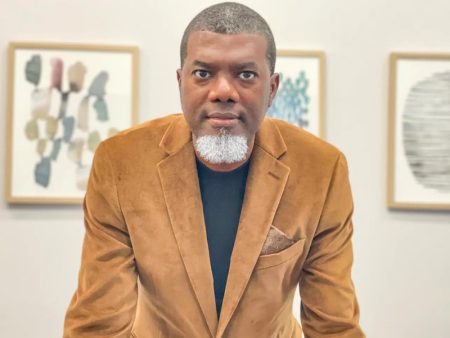A contingent of nine Greek medical professionals, comprising doctors and nurses, embarked on a humanitarian mission to Ghana, offering their services pro bono to various communities across the nation. The mission, spanning from August 28th to September 10th, 2025, was orchestrated by the Holy Orthodox Archdiocese of Accra, operating under the auspices of the Patriarchate of Alexandria and All Africa. This benevolent undertaking was further bolstered by collaborations with key stakeholders, including Ghana’s Ministry of Health, the Hellenic Ministry of Foreign Affairs, the Greek Consulate in Ghana, and local Orthodox parishes, signifying a concerted effort to provide essential medical care. The team arrived equipped with 22 suitcases filled with donated medications procured in Greece, ensuring a substantial supply for distribution to those in need.
The visiting medical team brought a diverse range of expertise, encompassing general practitioners, surgeons, ophthalmologists, internists, and nurses, catering to a broad spectrum of healthcare needs. Their presence offered a significant opportunity for communities often lacking access to specialized medical attention. The itinerary encompassed a series of locations, including Gomoa Fomena, Tema Newtown, Lapaz, Larteh Akuapem, Akim South, and Akim Breman, strategically chosen to reach a wider population. The services extended beyond immediate medical care, encompassing free consultations, pharmaceutical support, preventive examinations, and crucial educational seminars on hygiene and first aid. These initiatives aimed to empower individuals with knowledge and skills to maintain their well-being and respond effectively to emergencies.
His Eminence, Archbishop Daniel of Accra, extended an invitation to the public, encouraging them to fully utilize this valuable opportunity. He characterized the mission as a “gift of compassion,” underscoring its inclusive nature, open to all, irrespective of race, nationality, or religious affiliation. This emphasis on universal access highlights the core principle of humanitarian aid, extending assistance based purely on need, transcending any societal divisions. The Archbishop’s message resonated with the spirit of the mission, reinforcing its commitment to providing indiscriminate care to all who seek it.
The initiative reflects a broader trend of international medical missions, where healthcare professionals volunteer their time and expertise to address healthcare disparities in underserved communities. Such missions often involve collaborations between organizations and governments, pooling resources and expertise to maximize impact. These efforts play a crucial role in strengthening healthcare systems, providing essential medical services, and promoting knowledge transfer. The Greek medical mission to Ghana exemplifies this collaborative approach, demonstrating the potential for international partnerships to address pressing healthcare challenges.
The donation of medicines forms a critical component of the mission, ensuring that the provided medical services are accompanied by necessary pharmaceuticals. The transport of 22 suitcases of medication highlights the logistical challenges often associated with medical missions, yet underscores the commitment of the team to provide comprehensive care. Access to essential medicines is a fundamental right, yet remains a significant challenge in many parts of the world. The provision of free medications during this mission addresses this critical need, alleviating the financial burden on individuals and communities.
Beyond the immediate medical relief provided, the mission’s inclusion of educational seminars on hygiene and first aid contributes to long-term health improvements within the communities. These initiatives empower individuals with essential knowledge to prevent illnesses and manage basic medical emergencies. By promoting preventative healthcare practices and basic first aid skills, the mission fosters a sense of self-reliance and enhances community health resilience. This focus on education and capacity building underscores the mission’s commitment to sustainable healthcare improvements, extending beyond the immediate provision of services.



